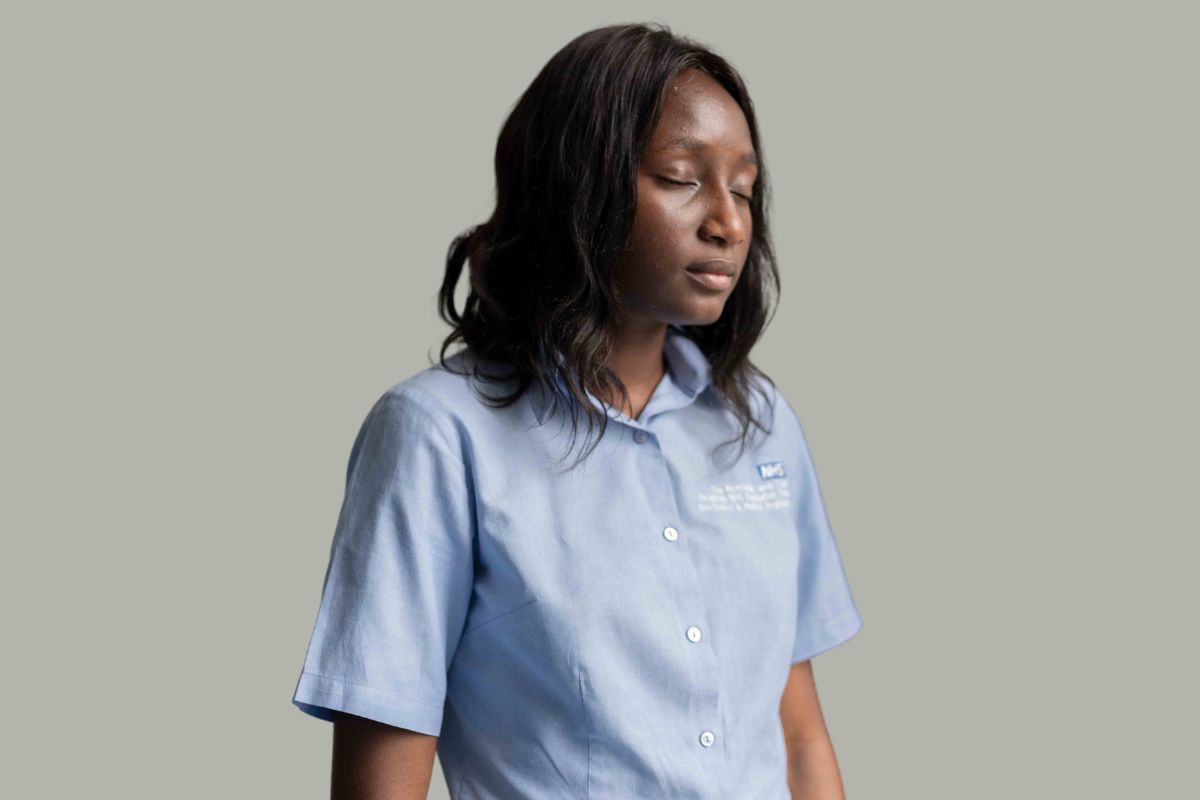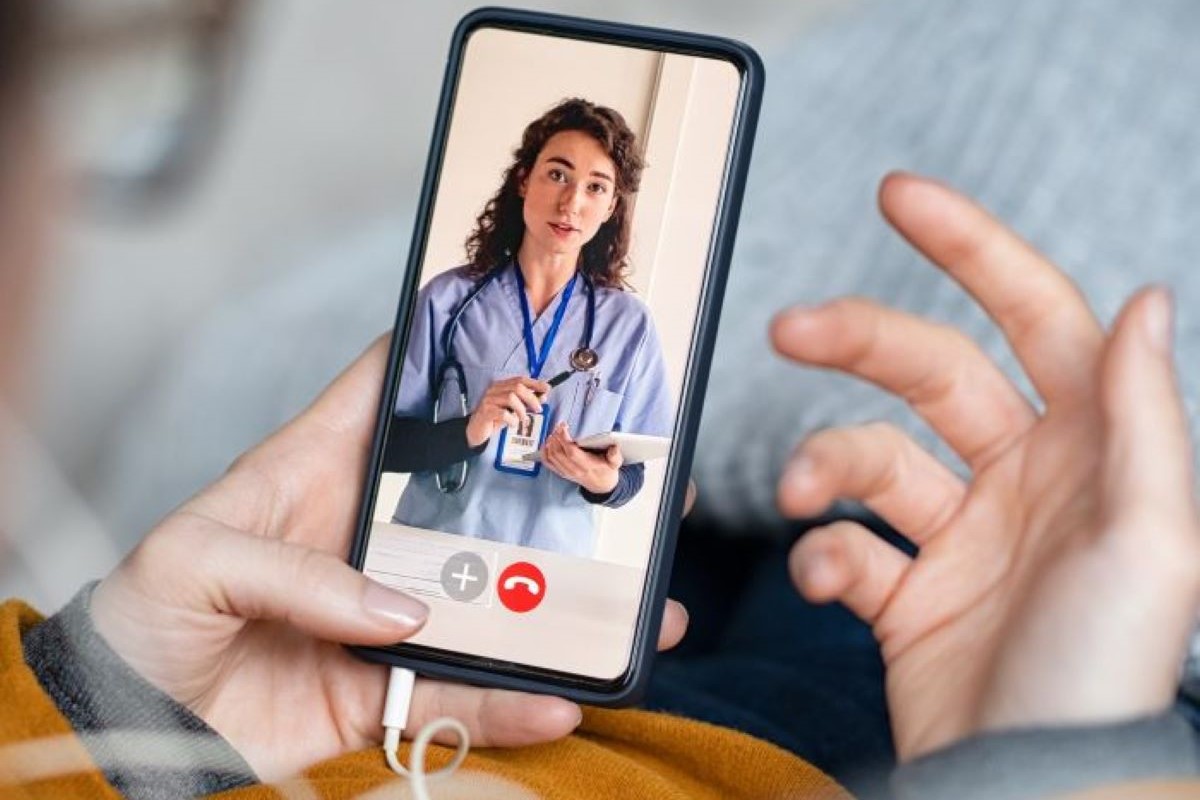Children’s Commissioner launches university support handbook for care leavers

The Children’s Commissioner has launched a handbook full of tips and practical solutions to improve the experience of moving into higher education for young people who have been in care.
Aimed at professionals working in higher education institutions and shaped directly by the views of care experienced young people, the handbook aims to improve the package of support available from as early as applying for a university place to financial security and support with independent living during the duration of the course, such as healthcare and career planning.
Published to mark National Care Leavers Week, the Children’s Commissioner Dame Rachel de Souza has co-produced the Higher Education Handbook with her Care Experienced Advisory Board to ensure their voices, experiences and ideas for change are at its heart.
It delivers on her desire for professionals working in the field to hear directly from young people about their experiences of being in or leaving care, and to read their tips and key recommendations to improve support.
The Handbook, which is being launched today [29 October] during National Care Leavers Week at the Waitrose Cookery School in Kings Cross, sets out ways higher education institutions can create a more inclusive and supportive environment for care experienced young people.
Members of the Commissioner’s Care Experienced Advisory Board wanted to create the guide to help professionals recognise the challenges they and other young people who have been in the care system often face in making the transition to higher education. Their suggestions are aimed at embedding policies across higher education institutions that address these issues without stigmatising these young people.
Children’s Commissioner Dame Rachel de Souza said:
“Children and young people are ambitious and full of practical, positive solutions about how to overcome
the challenges they face in life. I’m delighted to have been able to create this Handbook with my Care
Experienced Advisory Board and for their experiences to shape something with the potential to affect real change.
“Care experienced young people face unique challenges when they enter higher education, from practical issues like finances and housing, to forming trusted relationships with professionals. I hope this Handbook will become an important resource for all types of higher education institution, from small to large, including distance learning organisations and those offering apprenticeships, to improve the offer they make to young people who have experienced care.”
The Handbook addresses multiple steps of the process of joining higher education, including the application process and pre-admissions through to graduation and further study or careers – from suggestions such as a phone call on results day to discuss next steps to mentoring and advice accessing apprenticeships.
It is split into seven sections, with 33 recommendations focusing on understanding care experienced young people, moving in and starting higher education courses, financial security, wellbeing, healthcare and social support, help for care experienced young people with disabilities and help with career planning. There is also a section with suggestions on improving the training and resources for higher education professionals.
The voices of the Commissioner’s Care Experienced Advisory Board are shared throughout the guide:
“Ensure we are listened to, and our needs are taken into consideration, we need agency and to have a voice in decisions that affect us.”
“For me personally I’ve always wanted to go to university and I’m in the process of applying but it’s been very isolating trying to explain to student finance that I don’t have parental support.”
“As a care leaver I was not aware that my university had specific support for people like me.”
“I would have liked a phone call, or to have been given a phone number and for it to be a more personal welcoming experience.”
Minister for Children and Families Janet Daby, attending the event, said:
“Heading to university is a big step for any young person, but for those leaving care, we know it can be particularly daunting.
“It’s vital that institutions understand the additional challenges facing care leavers and are fully aware of the support and guidance they should provide. This handbook will be a valuable tool for university staff, helping to make sure that all their students can thrive in education.
“To ensure all children have the best life chances, we will continue to support young people leaving care to access accommodation, resources and practical and emotional help.”
Dr Jo Saxton, CEO at UCAS said:
“In 2023, nearly 9,000 UK university applicants shared with UCAS that they are care-experienced, and my previous experience working in schools has highlighted the unique challenges faced by these students.
“As such I’m delighted to support the Children’s Commissioner’s Handbook to help ensure all young people – especially those with care experience – have the information and support they need to succeed in university or college.
“UCAS is committed to ensuring all students, regardless of their background, can access the life changing opportunities higher education has to offer.”
Ceira Thom, Head of Learning at the John Lewis Partnership said:
“Talent is everywhere, but opportunities to develop are not, especially for young people leaving the care system. For the past two years, the John Lewis Partnership has been working alongside The Open University to provide scholarships for young care leavers as part of our Building Happier Futures programme. We are delighted to support the launch of this handbook, which provides practical advice and tips to help the care-experienced community thrive.”











Responses